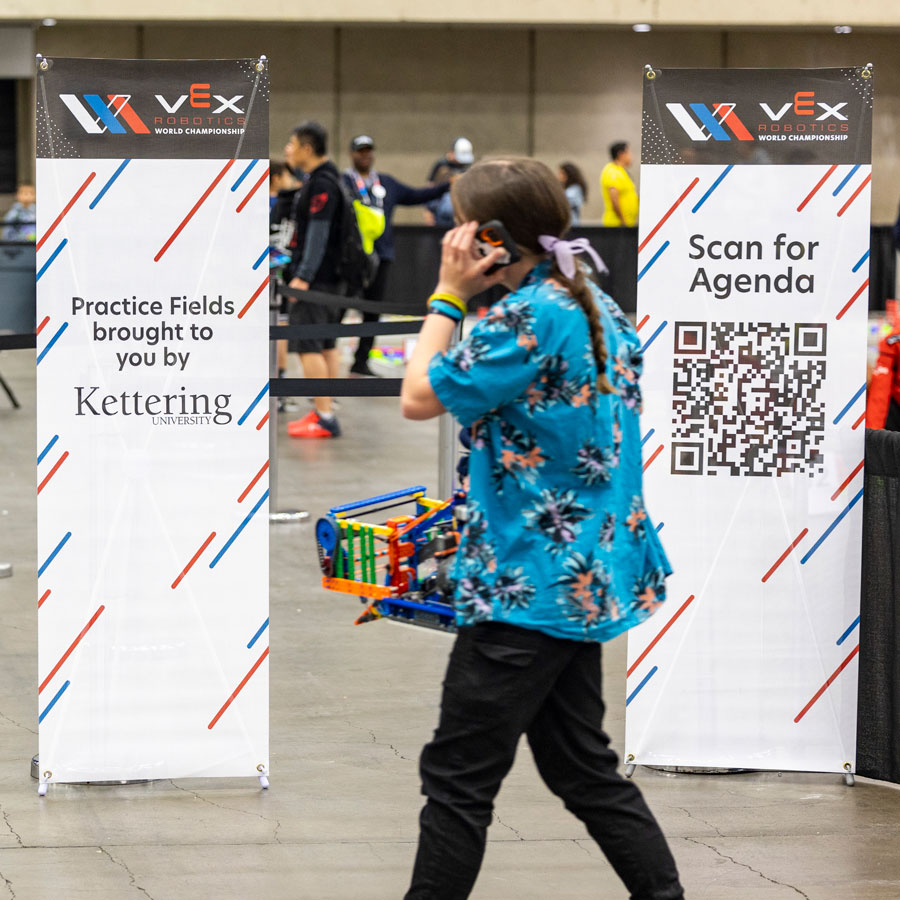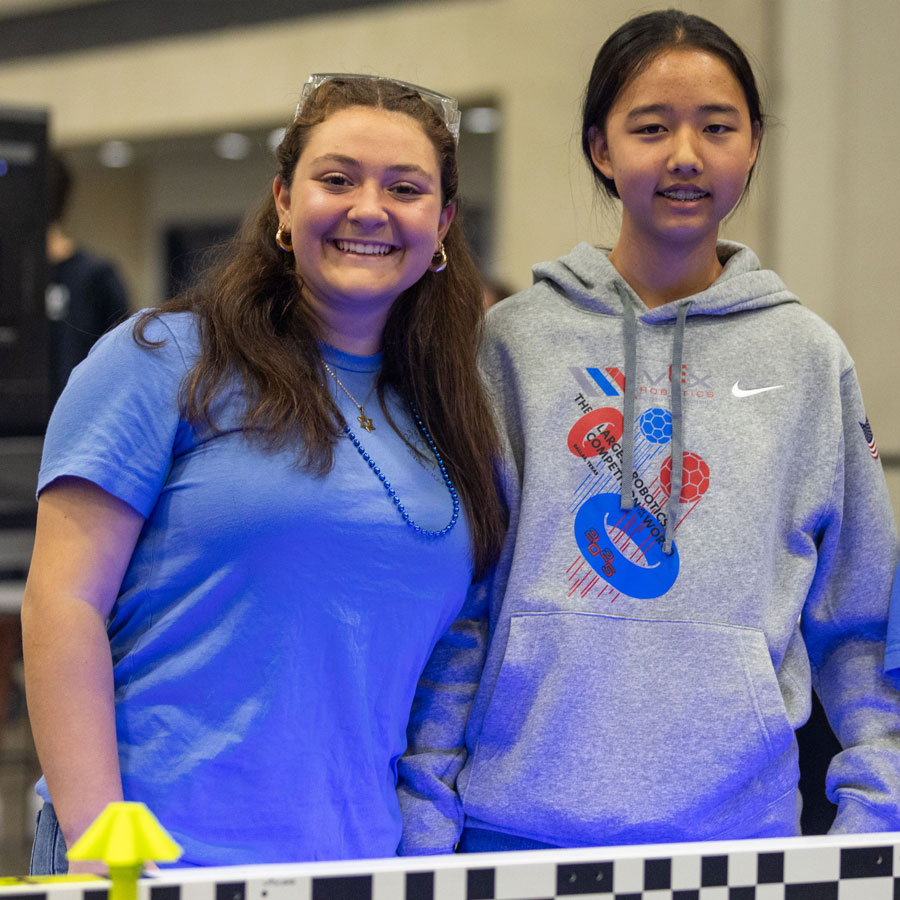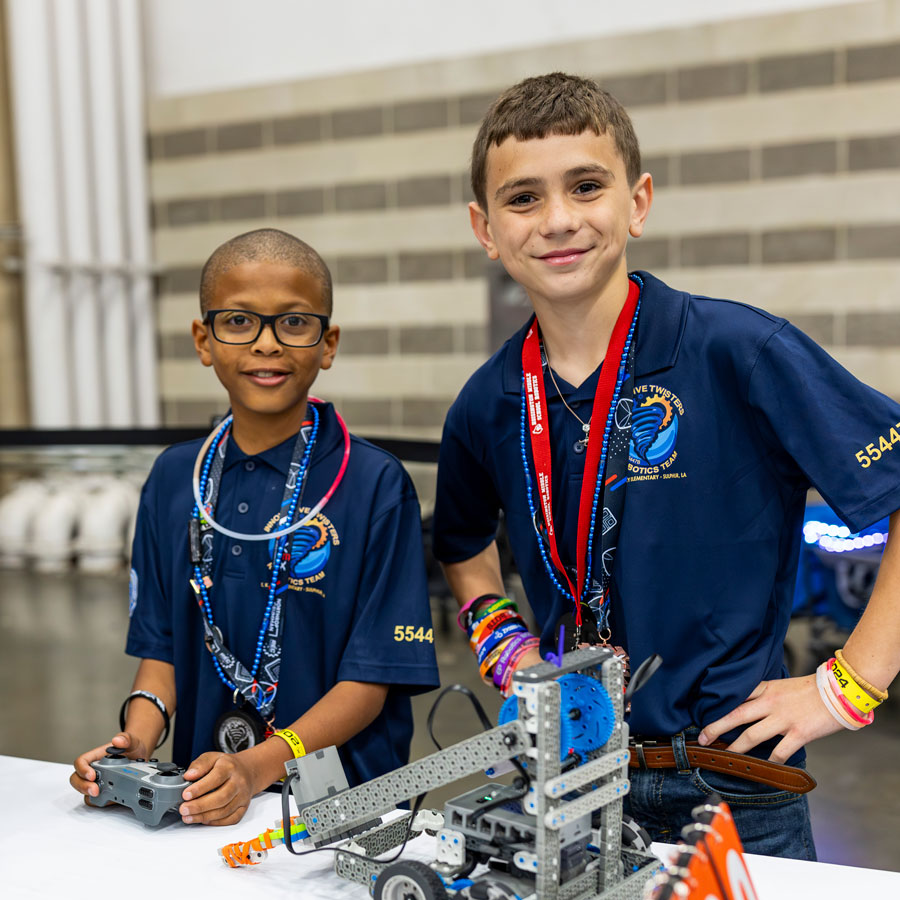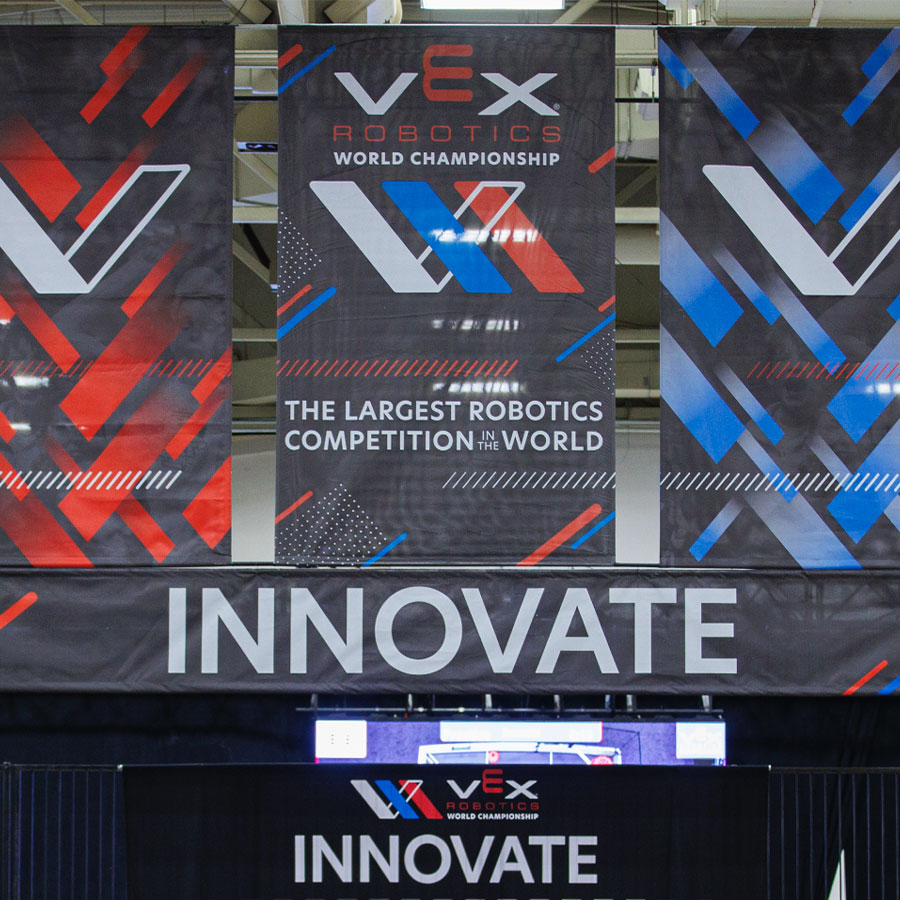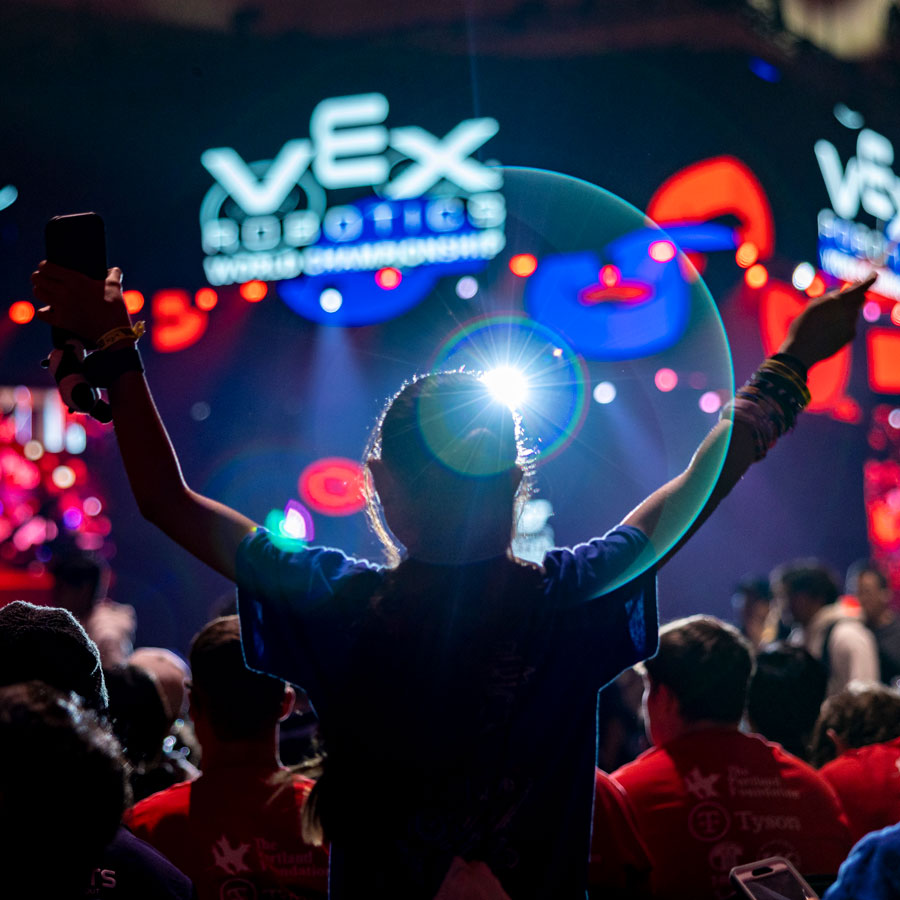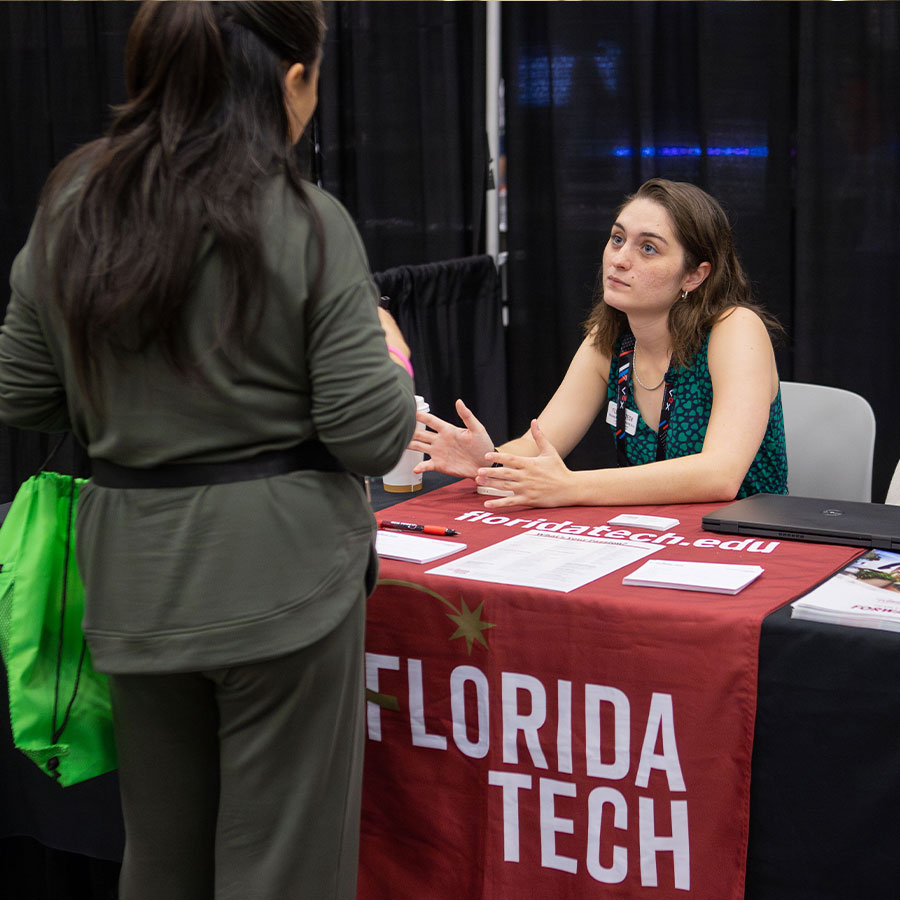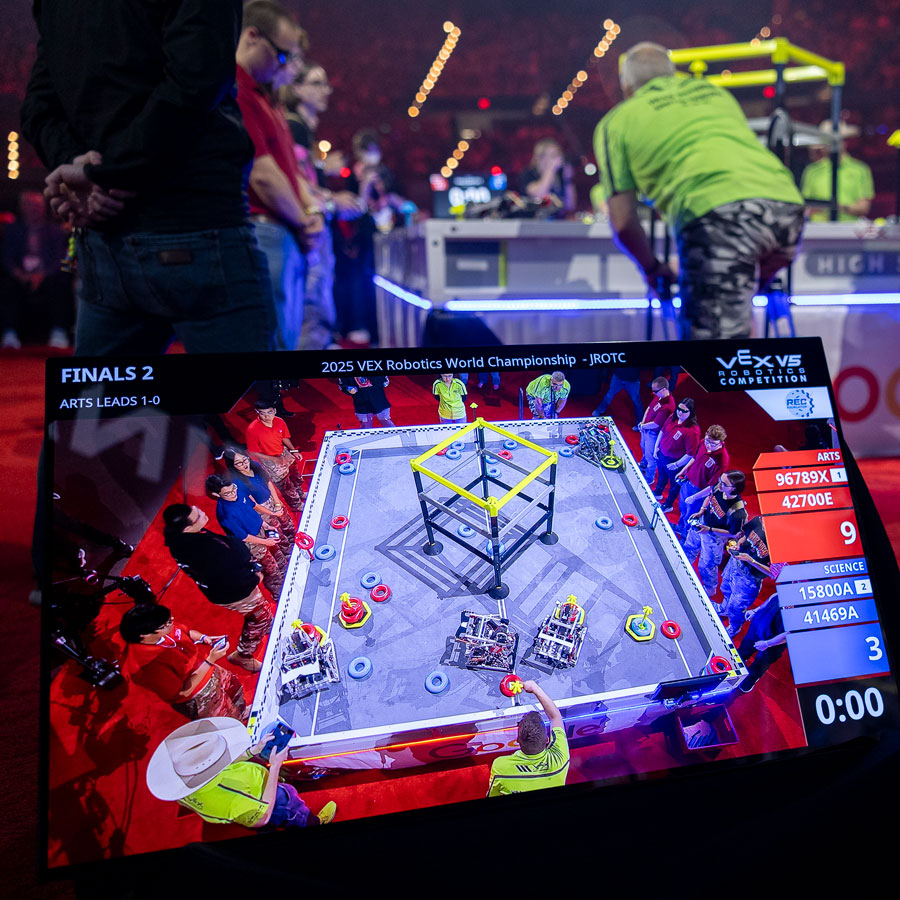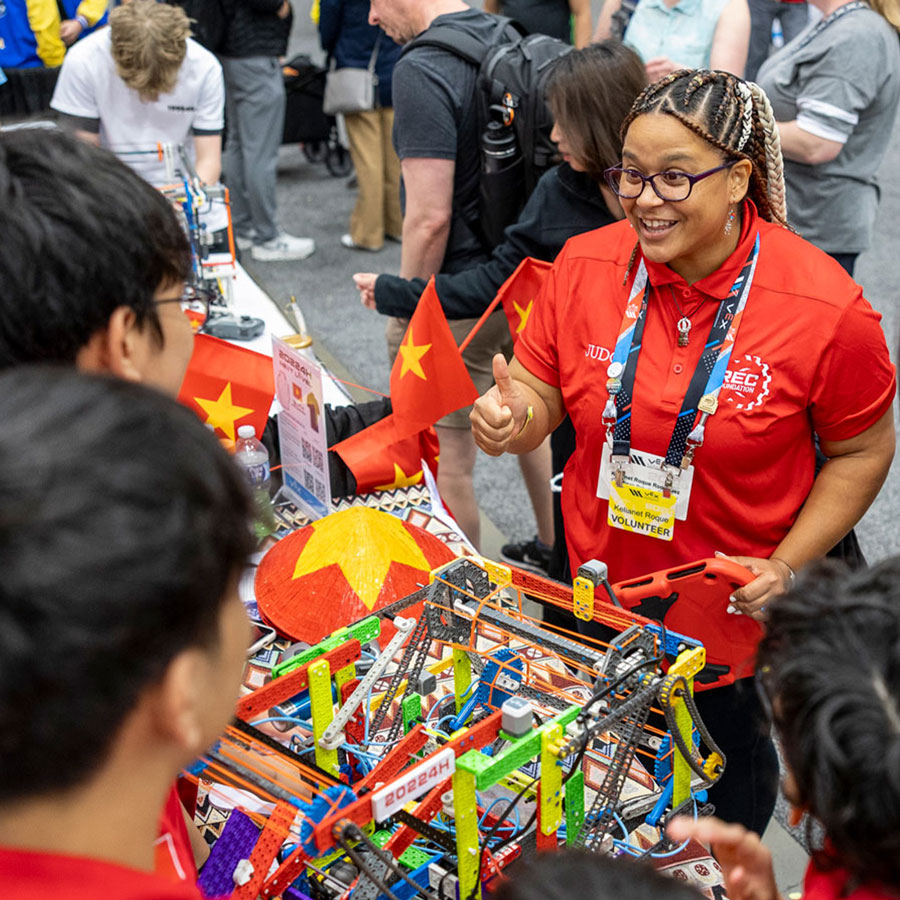
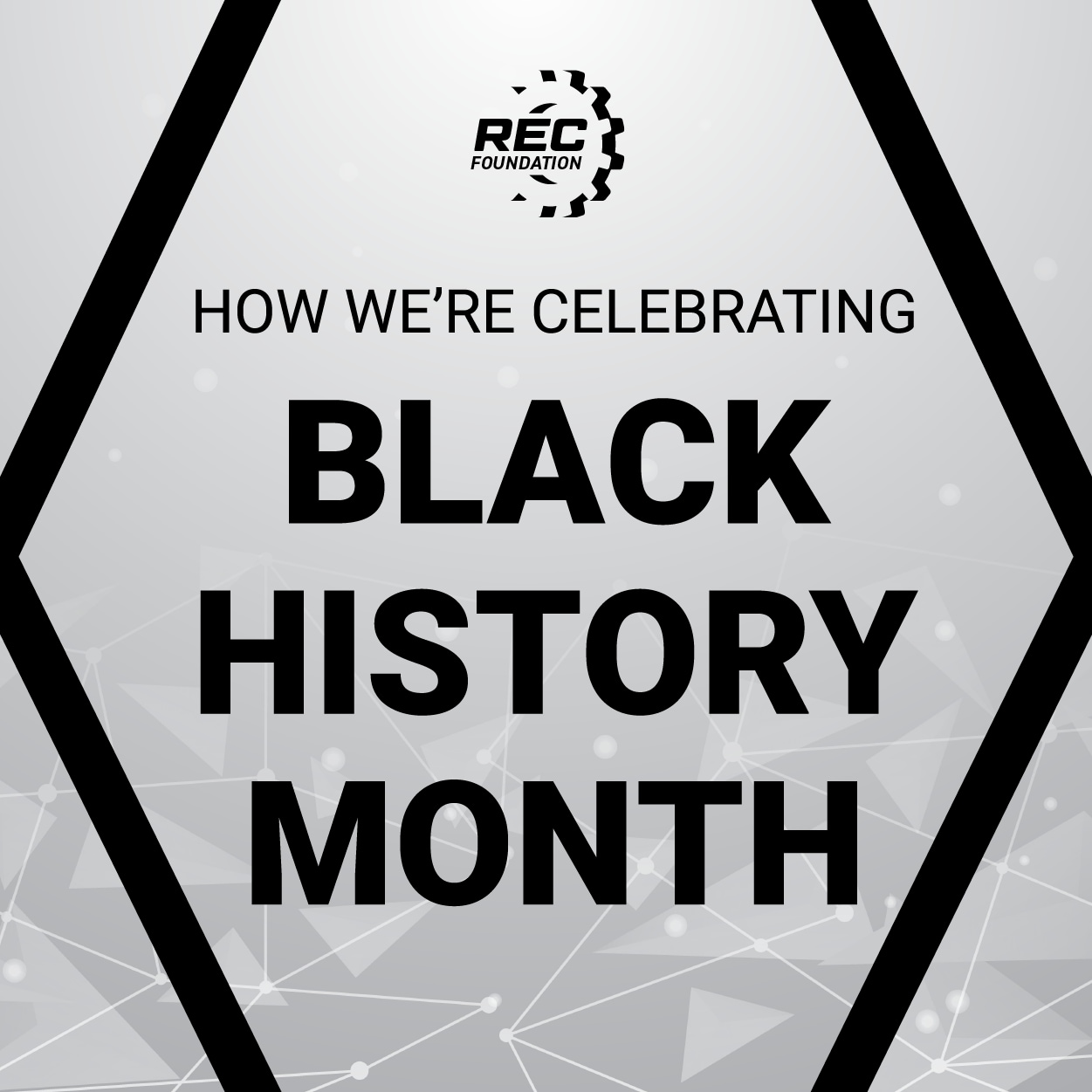
Janeen Uzzell is the Chief Executive Officer at the National Society of Black Engineers (NSBE), the largest Black STEM community impacting society and industry. In her former role as the Chief Operating Officer for the Wikimedia Foundation, which operates Wikipedia, Janeen drove process improvement and helped launch the Wikimedia Knowledge Equity Fund to address racial inequities in free knowledge. For nearly two decades, she held various roles at General Electric, working in healthcare technologies in some of the world’s most challenging environments. Janeen received her Bachelor of Science in mechanical engineering from North Carolina Agricultural and Technical State University, and an MBA in International Business from Fairleigh Dickinson University. Janeen fuses her passion for social justice and her leadership to shine light on inequality in tech spaces and forge opportunities for others.
Tell us a little bit about your journey as an engineer.
My cousin Lasander Uzzell inspired me to become an engineer. He was the first engineer I had known of; he was 2-3 years older than me, and a mechanical engineer. When I first began looking at what I was going to study in school, he said I was smart, I was good at math and science, and that If I studied engineering, I would always have a job. He said that there weren’t enough women in the space, so I should go for it. That’s why I decided to study engineering.
I didn’t know any engineers. I certainly didn’t know any black ones and unfortunately, I didn’t have the encouragement that I should have received from the leadership at my high school. I went to an all-girls Catholic High School, so there was a challenge when I told them I was going to study engineering. I worked hard, studied hard, and decided to study engineering. And then my advisor at school suggested to my parents that I might be reaching outside of my capabilities and that maybe engineering was too much of a risk with all the physics and math involved. My dad wasn’t having it, so I continued studying engineering and earned an academic scholarship to college. Then I went on to become UM Pitas Sigma, which is the Mechanical Engineering Honor Society.
The hardest part of the journey was the academic piece. Engineering is very, very hard. The courses are difficult. The ability to understand the way that technology is currently taught is difficult, which is why Dr. Rochelle, our Chief Programs Officer, is so committed to equity in the classrooms. Even at HBCUs, the language of technology and the cadence at which it’s taught can be very difficult to comprehend and understand, particularly for someone like me who needs to consume knowledge multiple times before it is fully set through. So that was a hard part of the journey. Plus, the cost – it’s expensive.
So that’s my journey. I love engineering. I love technology. I prefer to lead technology, as opposed to being it. I don’t want to do the work of design engineering anymore. So, when I left GE, I was the head of the women in STEM, and then I went to work at Wikipedia because I still wanted to stay in tech. I wanted to work in an equitable environment where I could push the buttons of equity in technology. I wanted to push the buttons in a space where technology could be the lever to change the way the world works. I believe without a doubt that the next way the world will be changed from a justice perspective is through technology. And while I was there, we did a lot of very, very, very important work on the platform.
And then I received a phone call from some of the former leaders at GE that I used to work with, my Chief Diversity Officer and some other leaders, that shared with me the opportunity to work at the NSBE. I used to be an advisor through GE for NSBE students that we hired to ensure their success, so I thought that it might be an important thing to do and certainly the right thing to do. But after talking to some of my mentors, I was assured It was the right thing, the right time, and that I would be the right person to help guide us into our 50th anniversary.
I spoke with my mom, who I respect tremendously, she was 89 or 90 at the time, and she used to be involved with NSBE when I was in school as well, and she felt that black students needed to see a black woman – a black woman that had come from NSBE, and that the world should see who we are and who we can become. That is how I ended up becoming the CEO of NSBE and my work here will be to position us for the legacy beyond 50. I don’t take it lightly, that as a black organization, we’re turning 50. That has happened very few times in history and to set the organization up for success beyond me – my hope is that I’ll leave it better than I found it.
What does National Society of Black Engineers do, and how do you serve school age children of color in the exploration and pursuit of STEM?
NSBE does so much and has been doing it for 49 years. Our mission statement is to increase the number of culturally responsible black engineers who excel academically, succeed professionally, and positively impact the community.
The first part of it is to increase, and that’s a critical part of our game change 2025 strategy. We’re here to increase the number of Blacks in STEM. And that’s not separate from our mission that refers to black engineers. It’s just that 49 years ago, that was the critical foundation. And we know that the world now leans more into STEM. So, we have a large portion of it, in fact, the largest community in our student membership is now computer science. That’s more on the tech side than mechanical engineering – we have science and so many others.
We increase the number of Blacks in STEM by serving school age children. Building our pipeline is the most critical way to increase. Exposing and teaching young Black boys and girls while making STEM relevant and fun is what we do.
Teaching a little black girl how to code by teaching her how to cornrow, which something she already knows how to do. That’s what our summer engineering experience for kids can do. So, we’re building a pipeline through programmatic work, partnerships, work with NSBE Jr., and our pre-college initiative. We are doing that through new staff we’ve hired, particularly in our MarCom department where we’re leveraging social media and positioning NSBE in a way that is beyond what it means to dress the part, work on the Convention floor, and be able to interview.
You know, when we say culturally responsible, our culture is who we are – so we always want to do it in everything that represents us. We are teaching our younger students what it means to be an “other” in the space of tech, and by “other” I mean anyone that’s not traditional in this and in humanity, which are people of color – black people – we are the others. Teaching things like empathetic coding and the power of social justice and technology. Last summer in our SEEK program, we taught design in a way young people understand it.
We have NSBE junior chapters that are sponsored by many black organizations in the Divine 9 and The Links, Inc. And they’re able to spend time at the schools with the students, which is important, because these students see people that look like them, that study STEM, that are engineers – and they teach it. These are the people that are helping them solve the problems or showing them that they can solve the problems. They get big audacious projects during the time that they’re NSBE juniors and for the school year.
In my opinion, pulling students into the programs is just as important as getting them out of it. And so that’s how we serve these Black children.
What can individuals do to support organizations like NSBE?
Individuals can support NSBE in so many ways. The first thing that comes immediately to mind is being an advocate for the importance of our mission and the relevancy of who we are and what we’re teaching. Many nonprofit leaders might say that the most important thing an individual can do is give to a mission. I’m not forfeiting that. We definitely need to give. But what we really need as a black organization is to not have to consistently prove the relevancy of why we are here. 49 years later NSBE exists for the very same reasons that our founders started this organization. And so, the advocacy of the importance of what it means to be black, be black as an engineer, be black in STEM and the work that we do.
Also, to individuals that have the opportunity to hire black people in STEM – and not only hire them, but also ensure that they are given powerful work assignments and projects that matter and will transform the world as opposed to hiring them just for the sake of a number. We need individuals that believe in the value of what it means to do this work, because if that happens well, then we won’t have to work so hard for the giving. Not to mean that we won’t have to work to raise funding because we do need individuals to give to our mission, but individuals will recognize the power of what it means for us to exist, and then the support will be an easier process.
What advice do you have for Black youth who wish to pursue a career in engineering?
Any Black youth wishing to pursue a career in engineering should do so. I personally think that engineering should be a base curriculum for everyone. It is like general studies – basic engineering, not mechanical, not nuclear, not electrical, but general engineering. One and two I think should be general studies and then you can build any other curriculum: communications, economics, whatever else you want to build. You can build it on that. Why? Because once you have the foundations of some of this critical thinking, we need that in all other areas. If you have a desire or wish to study engineering, you absolutely should.
Having a voice in what happens in your community will affect your education, and you’re never too young to be a part of that. If engineering is something you wish for, then you should start taking the tough courses now. I would encourage you to do it.
Why is it important that Black youth get exposed to programs similar to ones that the Robotics Education & Competition (REC) Foundation provides?
Programs like the ones the REC Foundation offers are so important for all the reasons that we’ve been speaking about, but I’ll just highlight a few. First and foremost, it’s a great way for students to have hands on experience. Engineering is not a “read the book and learn it” type of curriculum. And we saw the impact of that during COVID when our students were challenged to be separated from one another and not in the lab working collectively. So, programs like robotic competitions, the way that they work with educators and the workforce to ready them to both teach this work and then for the students to have a hands-on experience, is the way students learn. It is definitely the way students of color have been proven to learn better. And then for engineering, it’s absolutely when you see yourself building something and you see it work and you can understand the mechanics of how something works, that you’re able to take that same thought process and use it to solve any other type of problem.
The REC Foundation has touched millions of students in partnership with NSBE, and the possibilities are endless in this collaboration. We’re excited to work together, and we value the work that this group does. I encourage family members, mentors and others that have young people with an interest in tinkering, gaming, and all those types of things to get them into programs like this because that is where they’re going to learn. They’re just going to get water for their mind and food for their soul. And it’s going to help to drive that interest even further.




